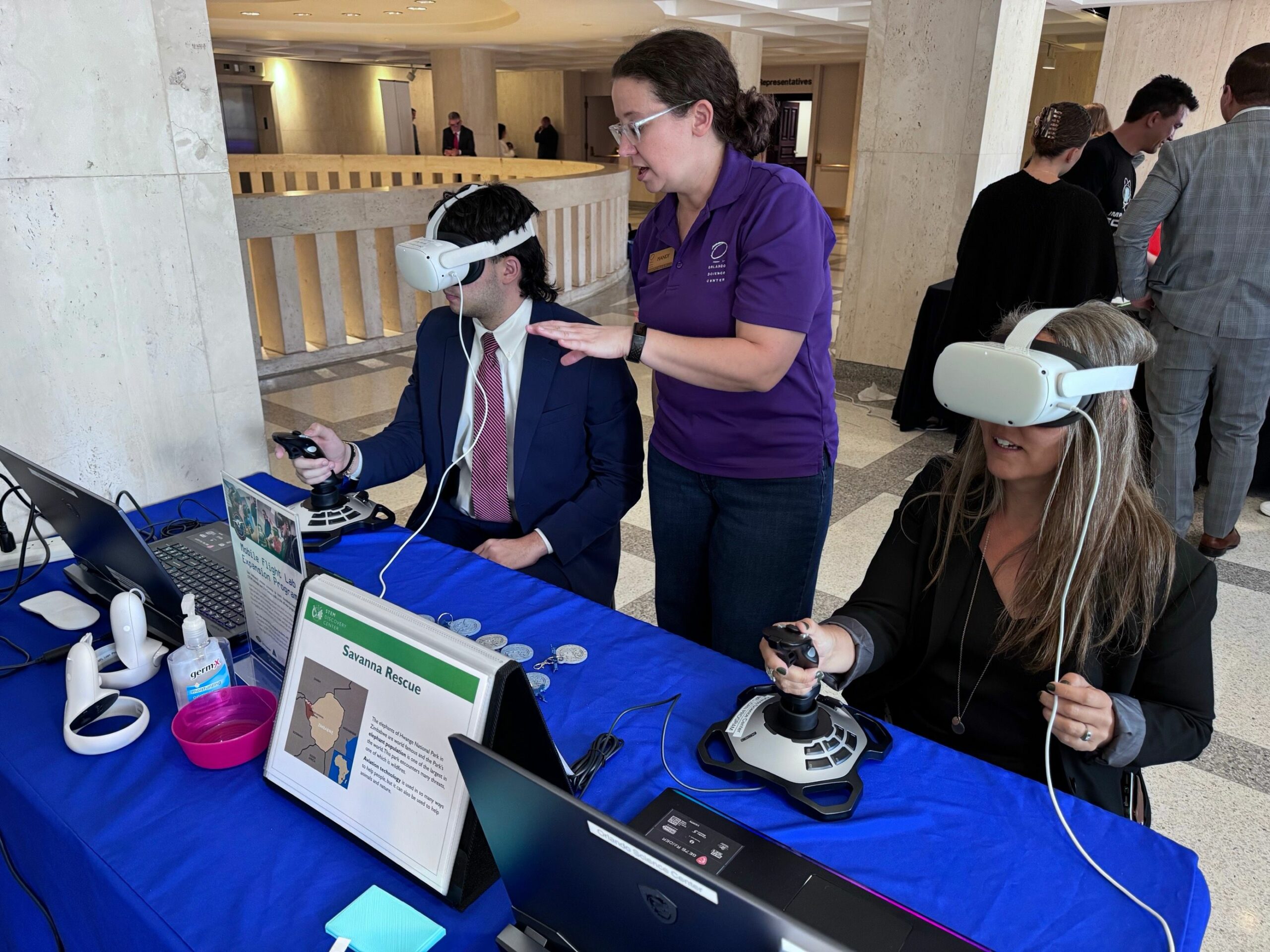Across state capitals, including in Tallahassee, legislators face the pressing question of digital safety. Parents — the primary guardians of their teenagers well-being — rightfully seek assurance that their teens can benefit from modern technology while avoiding inappropriate content on smartphones and tablets.
Yet among the array of proposed safeguards, device-level filtering emerges as a well-intentioned but problematic approach that promises more than it can deliver.
This strategy, mandating manufacturer-installed content restrictions, has been rejected in numerous legislatures for good reason. Not merely because of implementation challenges, but because it represents a fundamental shift from relying on parents’ judgment to Silicon Valley’s judgment while simultaneously undermining the market’s demonstrated capacity to provide diverse solutions to complex problems.
On its face, device filtering legislation dangles a seductively simple solution before lawmakers. Its advocates — armed with righteous indignation and often lacking technological savvy — contend that device manufacturers need merely “flip a switch” to activate latent filtering capabilities already embedded within our devices. This argument, while rhetorically compelling, collapses under even modest scrutiny.
True, our devices come equipped with rudimentary filtering technology — a fact proponents brandish as evidence that their demands impose no burden on manufacturers.
However, this argument shows a fundamental misunderstanding of how filters function. The built-in filters that device-mandate proponents eagerly cite operate exclusively within the walled gardens of native web browsers. They stand powerless — utterly impotent — against the torrent of harmful content flowing through third-party browsers or the vast ecosystem of mobile applications that constitute the modern digital experience.
This is not a minor technical distinction but a fatal flaw that renders this particular legislative approach a hollow performance of protection rather than one of substance — the worst kind of regulatory theater that combines maximum governmental intrusion with minimum effectiveness while offering parents a false sense of security instead of genuine solutions.
Perhaps most concerning, these mandates would transfer content decisions from Florida families to Silicon Valley boardrooms — all under the child protection banner.
These proposals don’t merely face technical challenges; they fundamentally shift authority by undermining parental discretion and outsourcing content decisions to distant tech executives whose priorities and perspectives often differ significantly from those of many Florida families.
In a world where device filters become law, technology executives would become the arbiters of what constitutes “harmful” or “age-inappropriate” — not parents.
This arrangement would significantly diminish parental autonomy, centralizing crucial developmental decisions in the hands of companies whose values may not reflect Florida’s diverse communities’ values or cultural sensibilities. Our democratic tradition has long recognized that those closest to children — their parents — not distant corporate entities or government are best positioned to guide their development.
Device filtering legislation challenges this principle, potentially inserting Silicon Valley’s judgment when lawmakers should reaffirm the authority of parents across the Sunshine State.
Device filtering mandates also raise concerns about their impact on the thriving market of existing solutions. Across Florida today, a flourishing ecosystem of filtering solutions—developed through innovation and shaped by parental demand — offers families an impressive array of digital protection options tailored to their specific values and concerns.
Religious parents can select software that shields their children not only from age-inappropriate content but also from material that conflicts with their faith traditions. Secular families can choose tools calibrated to block harmful content without imposing faith-based restrictions. Still, others might prioritize filtering references to substances or behaviors they deem inappropriate for their particular child’s development stage.
This diversity of options — thousands of solutions competing in a vibrant marketplace — represents technological innovation responding directly to family needs. By mandating standardized filtering at the device level, legislators would undermine the very innovation ecosystem that has produced increasingly sophisticated and customizable protection tools.
A government mandate might weaken the market forces that have guided developers to create more effective filtering solutions. This could potentially reduce the competitive pressures that drive innovation and leave families with fewer, not more, effective options for protecting their children according to their own values and priorities.
For legislators and parents grappling with the challenge of shielding teenagers from digital dangers, mandated device filtering presents a seemingly elegant solution — a technological panacea promising to safeguard young minds with minimal effort.
However, as with many policy proposals that promise simple fixes to complex social problems, this approach conceals significant flaws beneath its appealing veneer.
Were Florida to embrace such mandates, it would not only create a dangerous illusion of protection for parents but would effectively outsource critical child-rearing decisions to distant Silicon Valley boardrooms while simultaneously undermining the diverse ecosystem of customizable filtering tools that parents currently use to align digital boundaries with their specific family values.
The proposal ultimately offers no genuine protection but a Potemkin village of safety—impressive in facade but empty of substance.
___
Dr. Edward Longe is the national strategy director at the Center for Technology and Innovation at The James Madison Institute.
Post Views: 0

 Entertainment8 years ago
Entertainment8 years ago
 Politics8 years ago
Politics8 years ago
 Entertainment8 years ago
Entertainment8 years ago
 Entertainment8 years ago
Entertainment8 years ago
 Tech8 years ago
Tech8 years ago
 Tech8 years ago
Tech8 years ago
 Politics8 years ago
Politics8 years ago
 Tech8 years ago
Tech8 years ago











